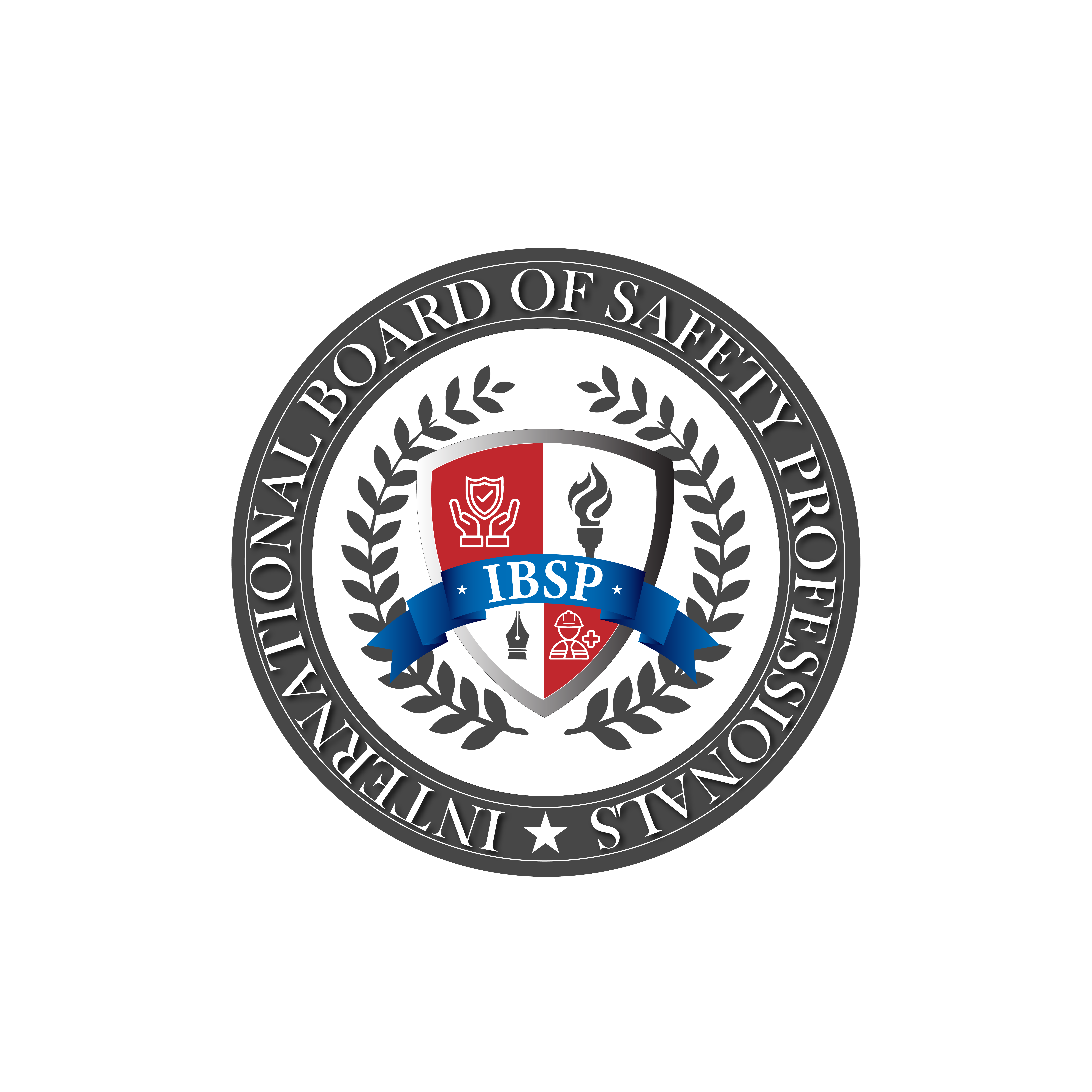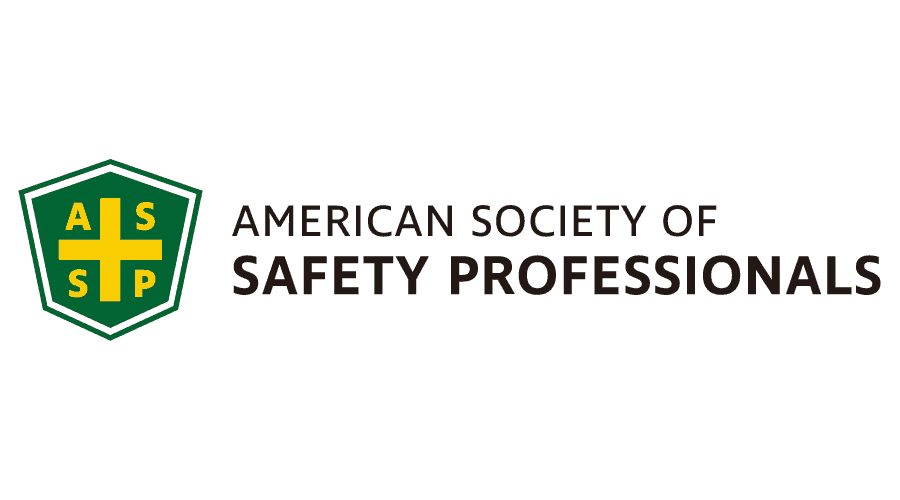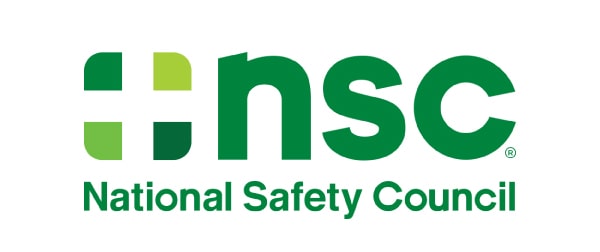IBSP Diploma in Construction Health & Safety Management
Details About IBSP IBSP Diploma in Construction Health & Safety Management
Course Overview:
The IBSP Diploma in Construction Health & Safety Management is a specialized program tailored to meet the unique health and safety challenges in the construction industry. This diploma provides comprehensive training in managing safety risks, ensuring regulatory compliance, and implementing health and safety measures across all phases of construction projects. The curriculum emphasizes hazard identification, site safety, accident prevention, and effective communication in high-risk construction environments.
Participants will learn to conduct risk assessments, manage site safety protocols, and address hazards related to equipment, scaffolding, excavation, and confined spaces. Key modules cover construction-specific safety laws, incident investigation, and emergency response planning. Students will also gain insights into fostering a safety-conscious culture and promoting teamwork to ensure safe operations. By the end of the program, graduates are equipped to identify and mitigate risks, enforce safety practices, and lead health and safety initiatives on construction sites, aligning with industry best practices and legal standards.
Course Modules:
- CHS-081 Module 1 : Introduction to Construction Health and Safety
- Overview of construction health and safety principles.
- Understanding the importance of health and safety in construction projects.
- Key roles and responsibilities in construction safety management.
- Legal and regulatory requirements for construction safety.
- CRM-082 Module 2 : Construction Risk Management
- Identifying and assessing hazards specific to construction sites.
- Risk assessment techniques and methodologies.
- Implementing risk control measures to minimize workplace accidents.
- Developing and maintaining a construction risk management plan.
- CSS-083 Module 3 : Construction Site Safety Planning
- Creating and implementing site-specific safety plans.
- Safe work practices and procedures for different construction activities.
- Site layout, access control, and traffic management.
- Ensuring safety during excavation, scaffolding, and working at heights.
- OHC-084 Module 4 : Occupational Health in Construction
- Addressing occupational health issues specific to construction workers.
- Ergonomics in construction: preventing musculoskeletal disorders.
- Managing exposure to hazardous substances (asbestos, silica, etc.).
- Health monitoring and surveillance programs for construction workers.
- EPR-085 Module 5 : Emergency Preparedness and Response in Construction
- Developing emergency response plans for construction sites.
- Handling fire, chemical spills, and other emergencies on-site.
- First aid and emergency medical response procedures.
- Conducting emergency drills and simulations.
- CSA-086 Module 6 : Construction Safety Audits and Inspections
- Planning and conducting safety audits and inspections on construction sites.
- Identifying non-compliance and safety violations.
- Implementing corrective actions and continuous improvement processes.
- Reporting and documenting safety audits and inspections.
Who Needs IBSP Diploma in Construction Health & Safety Management ?
- Construction site managers and supervisors.
- Health and safety officers in the construction industry.
- Project managers overseeing construction safety protocols.
- Anyone aspiring to specialize in construction health and safety management.
What Are the Benefits of IBSP Diploma in Construction Health & Safety Management ?
- Gain expertise in handling safety risks unique to construction sites.
- Understand and apply construction safety regulations and standards.
- Improve skills in accident prevention, hazard control, and risk assessment.
- Enhance career opportunities in construction health and safety roles.
- Contribute to creating safer construction environments, reducing accidents and liability.
Assessment Systems:
The assessment structure includes:
- Practical assignments focused on construction safety scenarios
- Site-based case studies and risk management projects
- A final examination to evaluate understanding of core principles and applications
Course Duration:
The program is designed to be completed in 3-6 months.














